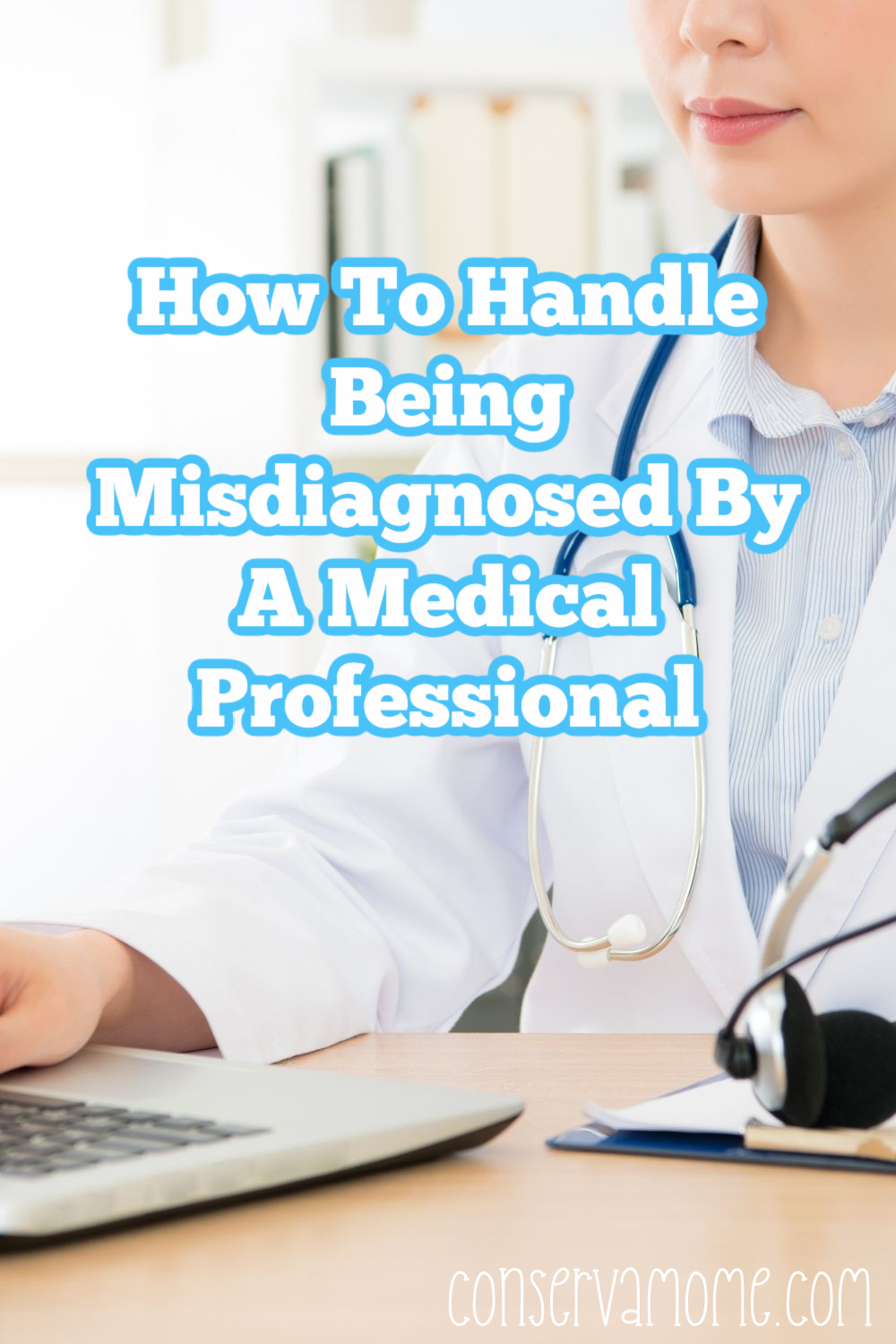Being misdiagnosed by a medical professional can be very scary. Here are some tips on How To Handle Being Misdiagnosed By A Medical Professional
How To Handle Being Misdiagnosed By A Medical Professional
Only 12% of patients get the right diagnosis from their first doctor’s appointment. Approximately four million people in the US die due to misdiagnosis or suffer permanent injury due to the wrong diagnosis.
Misdiagnosis is a common medical error with fatal consequences. It means patients didn’t spend enough time with their doctor to receive the right diagnosis. Probably, the doctor didn’t run enough tests to give them an accurate diagnosis.
The most common misdiagnoses are cancer, sepsis, heart attack, asthma, blood clots, pneumonia, meningitis, spinal infections, and stroke. The sound medical opinion is always to get a second opinion to avoid this problem.
According to Mayo Clinic, about 21% of patients get the wrong diagnosis on their first visit to a medical facility, while another 66% get an inconclusive diagnosis.
For instance, the doctor can diagnose exhaustion while it’s your medication making you fatigue. Consequently, the doctor prescribes the wrong treatment, which affects your health.
Misdiagnosis and medical malpractice claims
It’s not surprising that most medical malpractice claims are due to misdiagnosis and accounts for 68% of settled malpractice indemnity costs. It’s a leading cause of disability and death, which is worrying. You can read more here. And, how does misdiagnosis happen?
1. Inadequate assessment of the patient condition
The doctor didn’t do a thorough assessment of the family history and medical condition. Probably, the medical professional failed to administer a thorough physical exam.
2. Failing to order appropriate diagnostic tests
The medical professionals ordered a few tests, no tests, or the wrong tests, which prevented the patient from receiving an accurate diagnosis and treatment of their condition.
3. Failure to refer a patient to a suitable specialist
Some medical conditions require specialists who are more knowledgeable in handling the matter. The doctor is guilty of misdiagnosis if they knew the patient needed a specialist but failed to refer them to one.
4. Failure to do follow up
Patient examinations are not thorough, primarily because of the workload. Industry standards assign about 2500 patients to every physician while physicians only spend 13-16 minutes with a patient.
Can you sue for misdiagnosis?
Yes. First, book a consultation appointment with a medical malpractice attorney to ask them to take your case. The attorney checks if the statutory limits allow and advise you accordingly.
Deal with a trusted law firm with experienced medical malpractice attorneys. They will guide you on the case and offer legal advice.
What are the lawsuit requirements?
Proof of misdiagnosis
Suing for negligence means proving the following four things; duty, breach, causation, and damages.
1) Duty
You must prove that the doctor was the one caring for you. In a doctor-patient relationship, the medical professional is duty-bound to act reasonably as a competent doctor.
2) Breach
Did your doctor fail to do their duty? The fact that they misdiagnosed the illness is not proof that the doctor was negligent. Proving breach of duty means showing that a competent doctor would have correctly diagnosed the illness.
3) Causation
Did the misdiagnosis cause you harm? For instance, your loved one received a cancer misdiagnosis instead of the flu but was killed by a speeding vehicle. In this case, the misdiagnosis didn’t cause their death.
4) Damages
Did you suffer damages due to the misdiagnosis? For example, your doctor misdiagnosed a headache instead of the flu and gave you a medication that cured your flu too. You didn’t suffer damages here due to the misdiagnosis.
Collect medical records showing diagnostic errors
You need medical documents or files that prove misdiagnosis. The documents should show that the attending physician was responsible and show your appointments. Why?
- They support future claims.
- Prove there was an existing patient-doctor relationship
- Act as evidence of negligence
- It helps your malpractice attorney build a solid case
Ask for your medical records from the healthcare provider and inform your attorney if there is resistance to issue those records.
Get a second opinion on the diagnosis to help prove negligence or misdiagnosis. The legal term is the differential diagnosis and proves incorrect diagnosis on your first doctor’s appointment.
The medical experts can act as your expert witness in court.
Start a medical malpractice case
Misdiagnosis arises due to mistakes, failing to disclose your full symptoms or medical history, and the failure of the doctor to listen to a patient. What matters most is getting answers for what happened because misdiagnosis can be life-threatening.
Get appropriate medical attention, then hire a reputable medical malpractice attorney to take your case, then take legal action. Call your attorney for legal advice.


Leave A Reply!